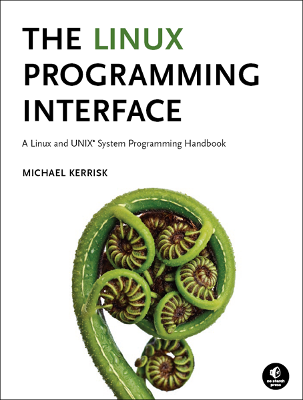Linux/UNIX Threads and IPC Programming course outline

- Threads: Introduction
- Overview of threads
- Pthreads API basics
- Thread creation and termination
- Thread IDs
- Joining and detaching threads
- Thread attributes
- Signals and threads
- Threads and process control
- Threads: Synchronization
- Shared resources and critical sections
- Mutexes
- Locking and unlocking a mutex
- Condition variables
- Signaling and waiting on condition variables
- Further details on signaling condition variables
- Dynamically initialized synchronization primitives
- Other synchronization primitives
- IPC: Introduction and Overview (*)
- Categorizing IPC
- Choosing an IPC mechanism
- Pipes and FIFOs
- Creating and using pipes
- FIFOs
- Connecting filters with pipes
- Sockets: Introduction
- Socket types and domains
- Creating and binding a socket (socket() and bind())
- Overview of stream sockets
- listen() and pending connections
- accept() and connect()
- I/O on stream sockets
- Overview of datagram sockets
- I/O on datagram sockets
- Internet Domain Sockets
- Internet domain sockets
- Data-representation issues
- Presentation-format addresses
- Loopback and wildcard addresses
- Internet domain stream sockets example
- Internet Domain Sockets: Address Conversion
- Host addresses and port numbers
- Host and service conversion
- Internet domain sockets example with getaddrinfo()
- Sockets: Further Details
- Socket shutdown (shutdown())
- Socket options
- TCP TIME-WAIT state and
SO_REUSEADDR
- UNIX Domain Sockets
- UNIX domain stream sockets
- UNIX domain datagram sockets
- Further details of UNIX domain sockets
- Alternative I/O Models
- Nonblocking I/O
- Signal-driven I/O
- I/O multiplexing: poll()
- Event-loop programming
- Alternative I/O Models: epoll
- Problems with poll() and select()
- The epoll API
- Creating an epoll instance: epoll_create()
- Populating the interest list: epoll_ctl()
- epoll events
- Waiting for events: epoll_wait()
- Performance considerations
- Edge-triggered notification
- epoll API quirks
- POSIX Semaphores
- Named semaphores
- Semaphore operations
- Unnamed semaphores
- POSIX Shared Memory
- Creating and opening shared memory objects
- Using shared memory objects
- Synchronizing access to shared memory
(*) Topics marked with an asterisk will be covered subject to time
constraints.
